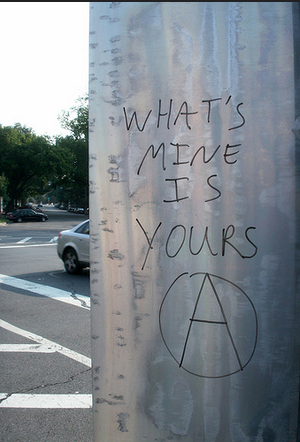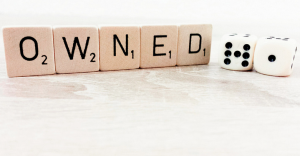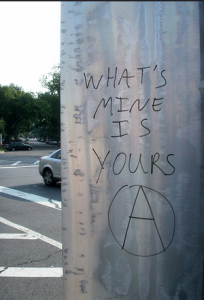
Own Your Actions, Not Other Beings
I take great pride saying “My company” or “My sons” or “My ensemble”. It’s includes me a group of extraordinary people. It connects me in a way that says “I am responsible for actively being involved with this person, with this group.”
But too often the possessive can slip into ownership of others, as opposed to my responsibility within the relationship.
I do not own my sons.
I am responsible for being fully myself, being present to them and providing all I can for them.
I do not own my students.
I am responsible for being fully myself, being present to them and providing all I can.
I do not own my company.
I am responsible for being fully myself, being present to those my company serves and providing that community all I can.
I do not own my cats.
I am responsible to love and be with them and keep them free from the shelter where they were incarcerated.
Picking up a pattern?
The difference:
In parenting, there is a huge shift in how adults relate to children. There is the old school lens of ownership: My child = my property, my responsibility, and a reflection of my identity.
And the newer trends of “free-range parenting” which sees my child = my responsibility. The parents are advocates, stewards, and providers for as much and as long as the child needs.
For many the ownership relationship is parallel to that of pet and owner. Ever see a child on a backpack leash? But even our views on our relationships with animals is changing…
Animal advocacy is following suit.
Right now, there is a case before the New York Supreme Court to rule on whether two chimpanzees have the right to basic human rights, specifically not to be owned and caged. This shift in how we view and treat living beings will ripple into ownership as a whole.
Education follows suit.
There is the old school, industrialized system of education where children are viewed as property being told what to wear, what to learn, how to learn, who to learn with, where to and when to learn, what’s appropriate to say, not say, look like… Even to the extreme of being denied their identity, in the case of transgendered children who identify as a sex other than what is on their birth certificate. This has been happening for years.
Media is following suit.
In the digital age, there is a shift where “access trumps ownership” as WIRED founding executive editor, Kevin Kelly, astutely predicts. Just look at your movie, music, and book/newspaper collections. Have you added to them as much as you did 5-10 years ago? I know I haven’t. I don’t have to because now I can subscribe to have access to millions of songs, movies, books and news articles.
Artists are following suit.
We can now become patrons of an artist for a closer connection/relationship to them, their process and their art but we do not own the work. Amanda Palmer puts it beautifully in her announcement to join Patreon. Those who monetarily support her art get early access to the pieces, a closer connection with her on the site through her famously open dialog with her fans, and here’s the kicker: It allows her to make all her work free to the public.
All of these examples—and there are more every day—show that the world is shifting to a role of stewardship not ownership.
And I’m not saying it’s easy. For each of us there’s one, if not many, categories where this shift is met with extreme internal resistance.
It took me a few years to jump on the media access train. I still romanticize physically flipping through my CD and DVD wallets. But as I write this piece, I feel the need to own less and less.
In parenting, I often check my knee-jerk reactions of how society has treated children with what I feel in my heart is how I want to relate to my children. Potty training, for example, is pretty close to how pet owners speak of potty training. That never sat right with me, but what other options did we have? Turns out a great one based on learning my child’s signs and language while teaching him ours: elimination communication.
- How are you shifting from ownership of things to ownership of actions?
- How can you take a further step towards that role of stewardship?

